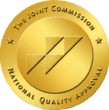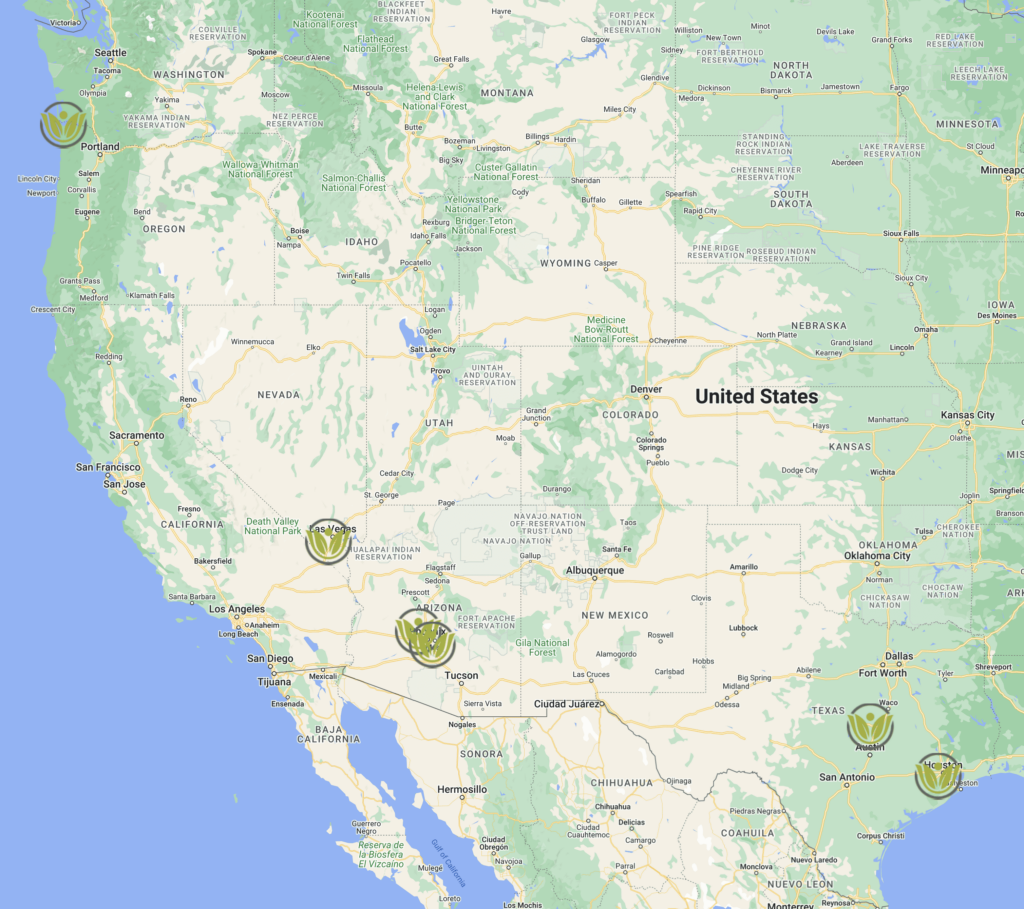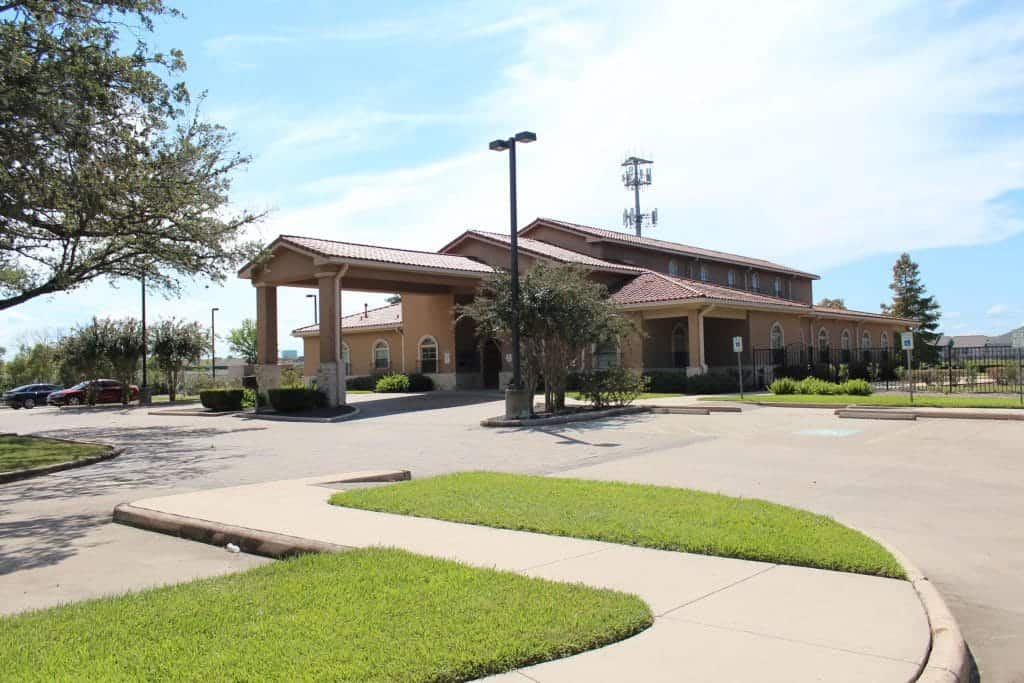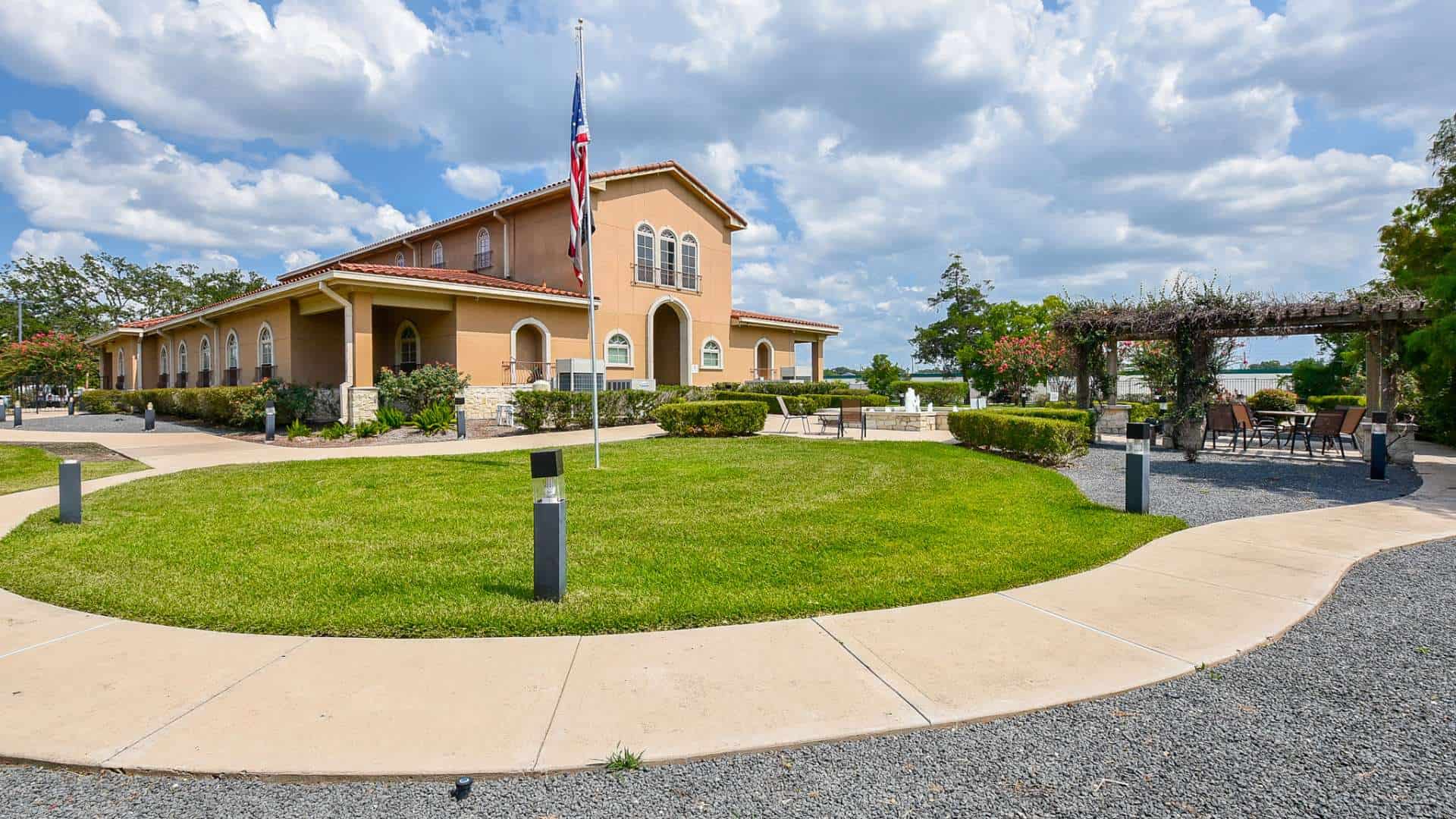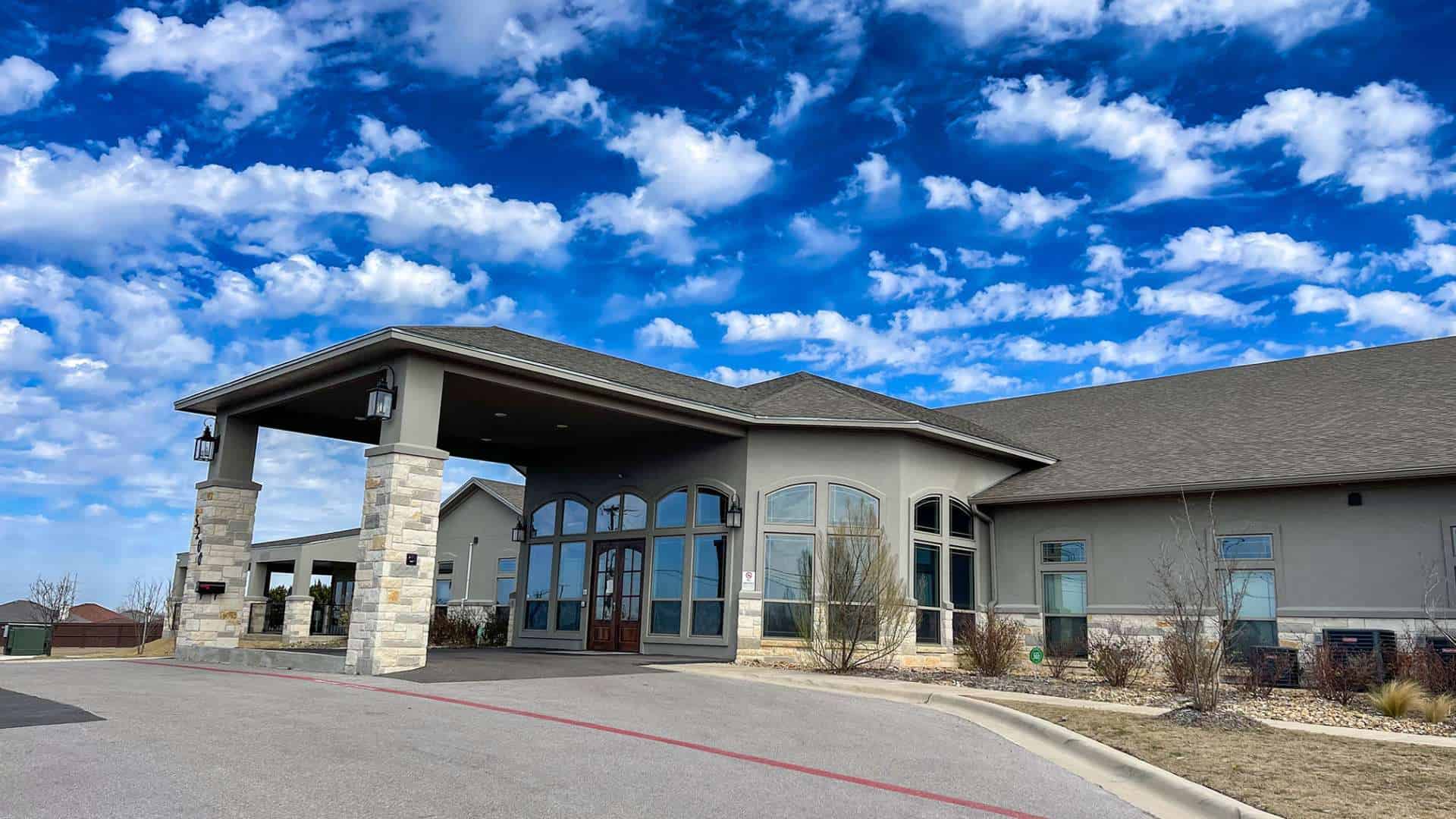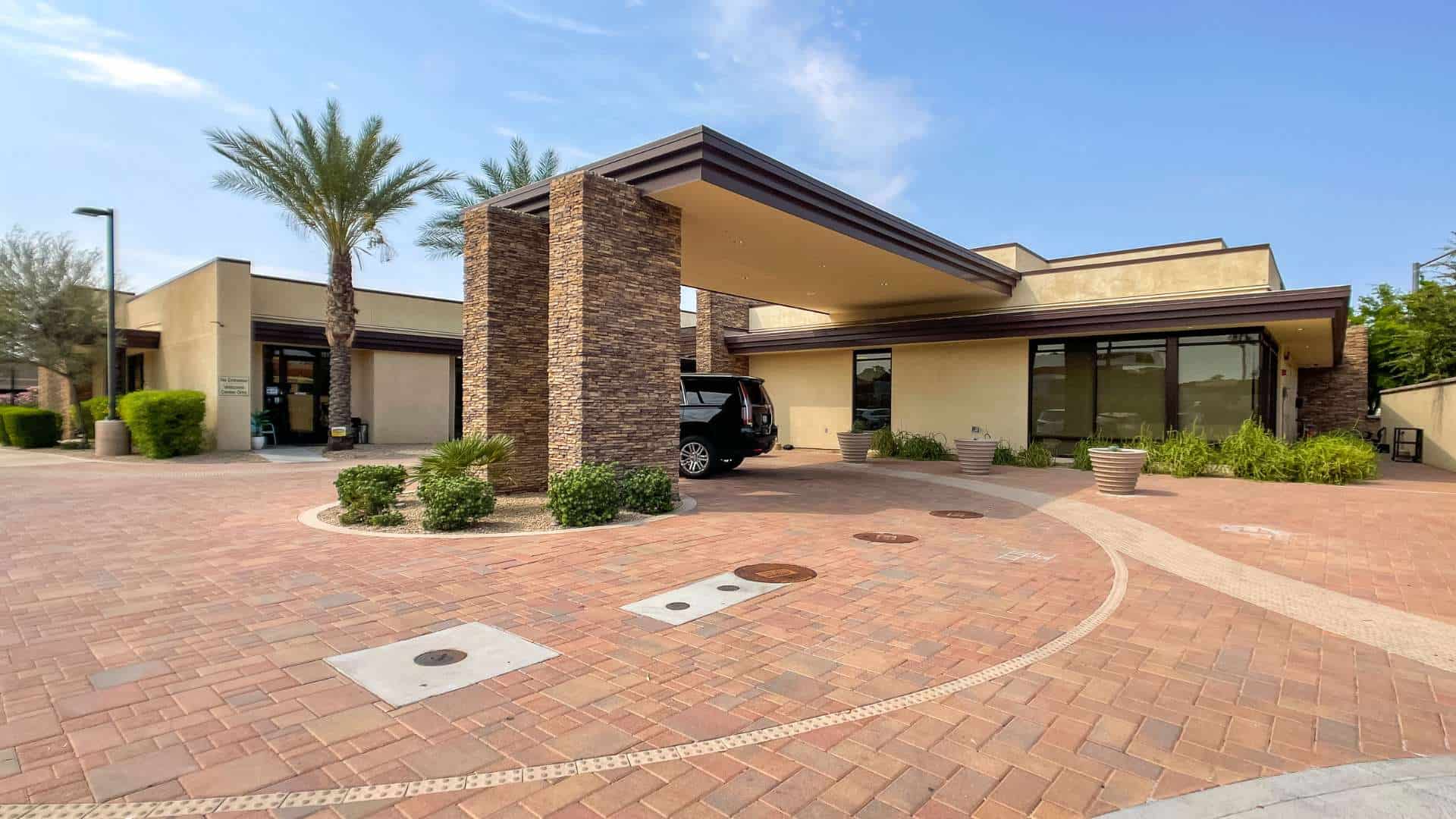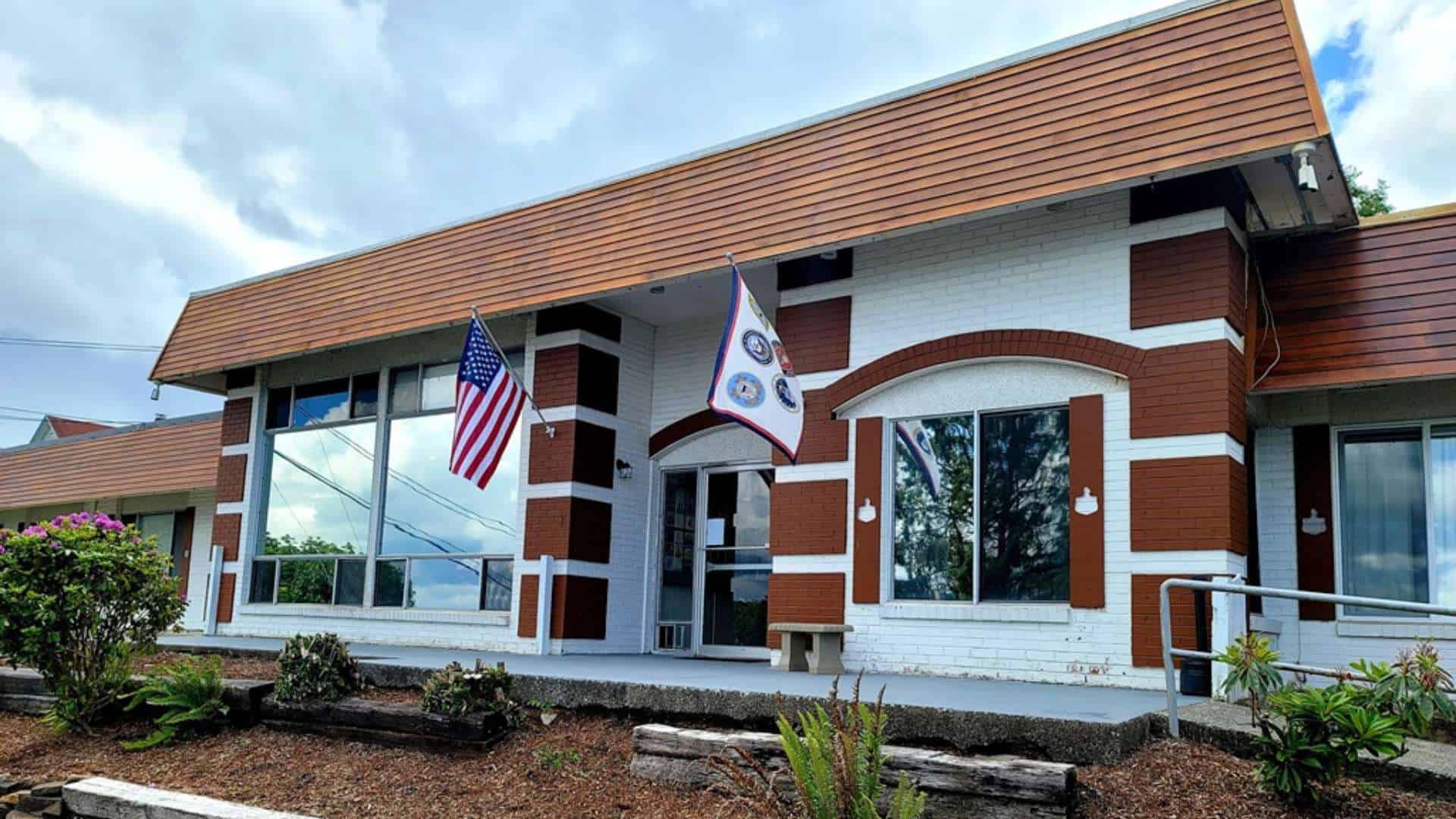What Is a Family Therapy Program?
A family therapy program is a form of psychotherapy focusing on improving the functioning and relationships within a family system. It addresses issues and conflicts affecting the entire family rather than focusing solely on individual members. The program typically involves the participation of multiple family members, although individual sessions may also be included.
Below are some common goals for family therapy:
- Improve communication: Enhance the quality and communication skills within the family, promoting open and respectful dialogue, active listening, and understanding.
- Enhance problem-solving skills: Develop effective problem-solving strategies and techniques to address conflicts and challenges within the family unit.
- Strengthen family relationships: Improve the quality of relationships and enhance bonds among family members, fostering trust, empathy, and support.
- Establish healthy boundaries: Define and maintain appropriate boundaries within the family, ensuring individual autonomy while promoting interconnectedness and respect.
- Address family conflicts: Identify and address sources of conflict within the family system, working towards resolution and reconciliation.
- Enhance parenting skills: Improve parenting strategies, techniques, and approaches to create a nurturing and supportive environment for children and adolescents.
- Promote family resilience: Build the family's ability to adapt and cope with stressors and challenges, promoting resilience and overall well-being.
- Increase understanding and empathy: Enhance family members' understanding of each other's perspectives, experiences, and needs, fostering empathy and compassion.
- Manage and cope with transitions: Support the family in navigating significant life transitions such as divorce, remarriage, relocation, or loss, promoting healthy adjustment and coping strategies.
- Foster individual growth: Encourage personal growth and development of family members, supporting their individual goals, aspirations, and self-care.
- Develop a relapse prevention plan: In cases of substance abuse or addiction, create a relapse prevention plan that involves the family, identifies triggers, and establishes strategies to support recovery.
Licensed therapists, such as psychologists, marriage and family therapists, or social workers, can conduct family therapy programs.[i] Programs may be offered in various settings, including private practices, mental health clinics, hospitals, or community centers.
During family therapy sessions, the therapist creates a safe and supportive environment where each family member can express their thoughts, feelings, and concerns. The therapist may facilitate discussions, provide education about healthy communication and problem-solving techniques, and offer strategies for resolving conflicts. In addition, a qualified therapist may use attachment theory to identify and explore the underlying dynamics contributing to your and your family's issues.
Programs for family therapy are highly personalized, and the precise objectives and methods used may change and vary according to your family's particular requirements. However, all family members' commitment and participation are essential for the therapy program to be successful.

